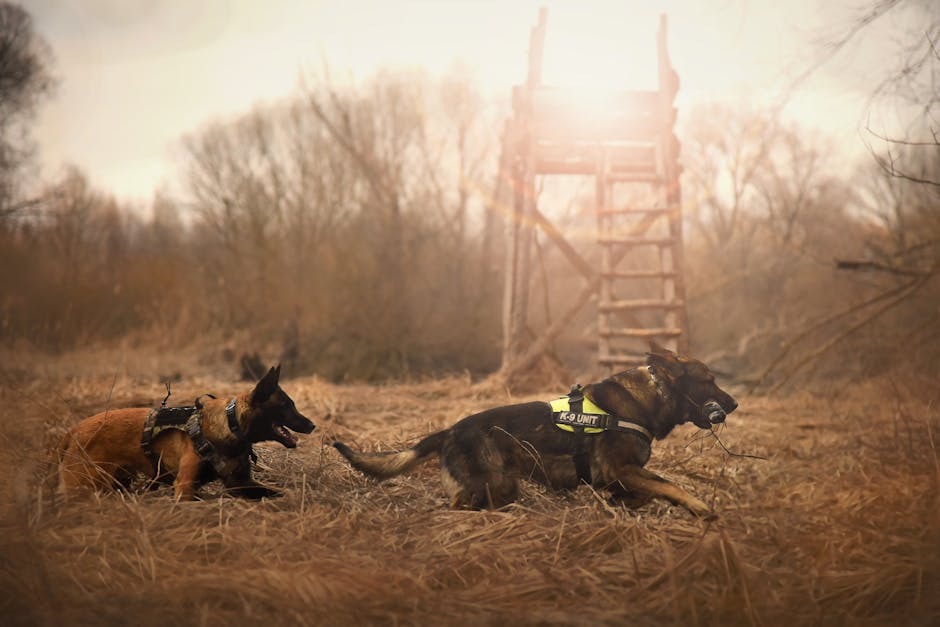Why Dogs Should Be Vaccinated?
Recent outbreaks of vaccine preventable diseases have caused many to question whether or not it is worth vaccinating your dog. Many feel that vaccines pose more risk than benefit for canines.
Fortunately, these outbreaks are an opportunity to start over. You get to choose whether to expose your dog to potentially deadly viruses or not!
If you’re thinking about getting your dog vaccinated, here are some reasons why dogs should be immunized.
Dog vaccinations play an important role in protecting your pet from infectious disease. While there are several different types of vaccination protocols, one method has been determined to be the most effective.
The three-vaccine protocol requires two doses of each vaccine with at least eight weeks between injections. This way, your puppy will be fully protected before entering into high risk groups or environments where exposure may occur.
Certain breeds like Dalmatians are known to carry specific allergens when exposed to certain vaccines. By pre-screening puppies for allergies, you can determine if they need special care during vaccination.
Some veterinarians believe that giving multiple vaccines at once instead of as individual shots helps reduce side effects. However, this cannot be guaranteed unless tested independently.
The positive effects of vaccinating your dog

There are many reasons why dogs should be vaccinated. Some of these include: protective immunity, disease prevention, reduced risk of death due to infectious diseases, reduction in severity of clinical signs for contagious diseases, and improved quality of life for diseased animals.
Protective immunity means that vaccines help your dog develop antibodies that can protect him or her from future exposures to certain viruses and bacteria. This is how most vaccinations work – your dog gets exposed to the vaccine, then receives a small amount of the actual infection as a “boost” at a later date.
Disease prevention goes even further by protecting your dog from potential exposure to transmissible pathogens so he/she does not get infected and pass this onto other members of his/her species. Reducing the chance of your dog getting sick or dying because of an infectious agent is one of the main benefits of vaccination.
Reduced risk of death due to infectious diseases comes from two major factors: firstly, less severe outbreaks of disease when dogs are immune; secondly, lower prevalence of infective agents in the population, which mean fewer opportunities for your dog to become exposed.
Improved quality of life is another important reason to vaccinate your dog. When a vaccine works, it reduces the symptoms your dog may experience from a viral or bacterial illness. This gives them time to recover and live comfortably like normal before being exposed to the next challenge.
Your dog may get sick and become a virus carrier

Recent studies show that nearly one in three dogs under 3 years of age is not completely up to date on their vaccinations. More than half are not vaccinated against Hepatitis B, which can be spread through close contact or exposure to blood.
More concerning is that many of these unvaccinated dogs have dangerous levels of antibodies that indicate they have been exposed to the disease before.
This means that this puppy could pass along hepatitis b to someone else at any time! This includes potentially passing it onto your children or other family members who play with him or her.
Not all vaccines are guaranteed for every animal species. For example, some people question whether or not chicken eggs should contain thiomersal (an antibacterial agent that has been linked to autism). Therefore, veterinary professionals do not include thiomersol in canine vaccine recipes.
While there have not been any reports of dogs getting autistic spectrum disorder due to vaccination, you want to make sure that your pet’s immune system is as strong as possible. It is important to note that even if your dog does not need the specific vaccine, by giving it to them anyway will help ensure his/her overall health.
Your dog may get into a fight with another dog and get bitten

Even if your dog does not go to school, there are many opportunities for your dog to meet other dogs! Being vaccinated is one of the most important things you can do to prevent serious disease in your dog.
Dogs that are not immunized against certain diseases can be exposed to the virus or bacteria through a bite from an unvaccinated dog.
More often than not, these unexpanded vaccinations protect your puppy or adult dog from only getting sick very lightly or even making no difference at all. This is why they are called “conditional” vaccines.
However, before exposure happens, your dog must have enough immunity to the vaccine to work effectively. If this is not the case, then the immune system will not be able to contain the infection and your dog could become seriously ill.
Your dog may get into a car and get injured

More vaccines are needed to ensure that dogs are protected against as many conditions as possible. In fact, there is an ongoing debate about whether or not it makes sense to require vaccinations for certain breeds due to their genetics.
Some veterinarians believe that requiring vaccination only for specific breeds removes one of the main protections we have as owners – herd immunity. This concept works like this: since most people in a community are vaccinated, then diseases don’t spread very much within the community.
For example, before widespread use of vaccines, polio was a serious problem throughout the United States. Since most people were vaccinated, few cases occurred. However, because some people weren’t, polio could still spread around and affect kids who were unvaccinated.
Similarly, infectious disease can be prevented by limiting exposure to other infected individuals or their bodily fluids. By ensuring that the same level of protection is present in your own population, you reduce the risk that someone outside the community will transmit the infection.
By avoiding immunization requirements for certain breeds, you limit the chance that at least some members of those breeds will be protected. Because even if one member gets sick, they can pass on enough of a protective antibody effect onto their puppies or offspring so that they are less likely to catch the condition later in life.
Vaccinations are not a guarantee your dog will not get sick

Many people believe that vaccinations are a good way to prevent dogs from getting diseases, but this is false! Some vaccines can actually make it more likely for your dog to be exposed to disease.
Vaccines do not always work and they may even pose health risks for your dog. It is important to remember that even though vaccinations seem like the easy choice, this does not mean that they are safe for your dog or for the community.
It is very expensive to fail to vaccinate a puppy or adult dog so if you choose not to, there could be problems later on. Choosing not to vaccination can put your dog at risk of serious illness or even death.
There have been many reports of vaccinated puppies developing life-threatening allergic reactions after being given their booster vaccine. Allergies can also cause issues such as skin rash, breathing difficulties or anaphylactic shock.
If you really wanted to avoid having your dog vaccinated, then there are ways to keep your dog away from other dogs. This includes keeping your dog indoors or in a protected area where socialization is limited.
Vaccinations are not a guarantee your dog will not get injured

Many health professionals agree that vaccinating dogs is very important to keep them healthy and prevent disease. While it may be comforting to think that vaccines work by “protecting” your dog from certain diseases, this isn't always the case.
It can also sometimes have the exact opposite effect!
Vaccines do not necessarily reduce your dog's overall risk of getting sick or avoid diseased in particular. In fact, studies show that vaccinated animals are at higher risk for developing serious adverse reactions than unvaccinated pets.
These side effects include seizures, breathing problems, severe swelling, inflammation and other immune responses, all of which can lead to death.
You may not know if your dog was exposed to a disease

Many deadly diseases can be transmitted directly from person to animal or indirectly, where infectious agents come from infected animals and are passed onto other dogs or people.
Some of these contagious agents cannot be seen with the naked eye, such as bacteria. However, others can. For example, viruses such as rabies are known to readily spread through contact with saliva in areas where it has been found.
Because most vaccinations use a small amount of vaccine material to stimulate an immune response, only a very small quantity of contaminated fluid is needed to transmit this protective antibody. Therefore, even a few drops of blood, mucus, vomit, feces or urine that contain the virus can pose a risk to your dog.
This is why it is important to check your pet’s vaccination records, particularly before letting them into a house or car, or taking them outside for a walk or play session.
You may not know how your dog was exposed to a disease

There are many different ways that dogs can be infected with diseases, such as through eating food or breathing air contaminated with bacteria, parasites, or viruses.
Some of these illnesses are serious enough to require medical treatment, so it is important to be aware of what causes vaccine preventable diseases in your dog.
It is also important to know whether your dog has been vaccinated because some infectious agents cannot be effectively protected when they have no specific immunization.
In this case, exposure can result in more severe disease and even death for your dog.

